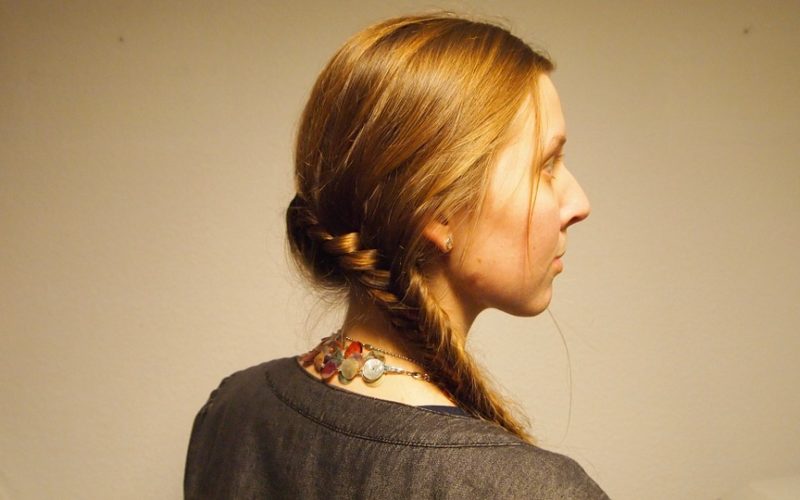Divorce With Children Involved
Breaking up a family can be one of the hardest and most emotionally draining experiences that anyone can face. When a couple with children decides to divorce, they not only have to consider their own feelings, but also those of the children involved - in terms of both physical and emotional well-being. As difficult as it may be for them to come to this decision, sometimes divorce is necessary and unavoidable. Today, we'll discuss what you should consider if you're thinking about getting divorced when you have children at home. We'll provide helpful advice on developing co-parenting plans that prioritise your kids' needs first and foremost - so that everyone's best interests are taken into account during this trying time.
Setting expectations for your children
Divorce is a challenging topic to broach with children, but setting expectations and helping them handle their emotions is essential. It's important to explain the situation in age-appropriate language, emphasising that the decision to divorce was made by the adults in the family and not due to anything the child did.
Be open to listening to their feelings and concerns, and validate their emotions. Encourage them to express themselves through art, writing, or talking to a trusted adult. Remember, divorce can be a long and stressful process, so let your children know what to expect and reassure them that you will all get through it together.
A child’s life post-divorce
Divorce can be a challenging process, especially when it comes to ensuring that both parents remain involved in the child's life. However, it's crucial to remember that the child's well-being should be the top priority. Parents can take several steps to make sure that their child receives the love and support they need from both parents. One way is to establish clear communication channels between both parties to schedule parenting time and make important decisions together.
Another way is to set realistic expectations and boundaries for both parents, so that they can maximise their time with the child and ensure their continued involvement. By prioritising the child's needs and being proactive in their co-parenting efforts, parents can work together to provide the best possible outcome for their child's post-divorce life.
Strategies for avoiding conflict
It's no secret that co-parenting can be a challenging task, but it's important to remember that the primary focus should always be on your child's needs. It's crucial to establish clear communication and boundaries with your ex-partner to avoid any misunderstandings that could lead to conflict. Taking the time to understand each other's perspective and respecting each other's boundaries can go a long way in maintaining a peaceful co-parenting relationship. It's also important to be flexible and willing to come to an agreement that works for the both of you.
Remember, your child is watching your every move and the way you handle conflicts can greatly impact their overall well-being. By focusing on your child's best interests and working together, you can create a positive and healthy co-parenting environment.
The importance of creating a parenting plan
Co-parenting can be a challenging and emotional process, but establishing a clear and detailed parenting plan can greatly benefit everyone involved, especially the children. It's important that each parent understands their roles and responsibilities, including decision-making and parenting time. A parenting plan can also cover topics such as communication methods, discipline approaches, and financial responsibilities. By outlining these details in advance, both parents can have realistic expectations and avoid potential conflicts.
Ultimately, a well-crafted parenting plan can help provide stability and security for children as they navigate the changes that come with co-parenting.























